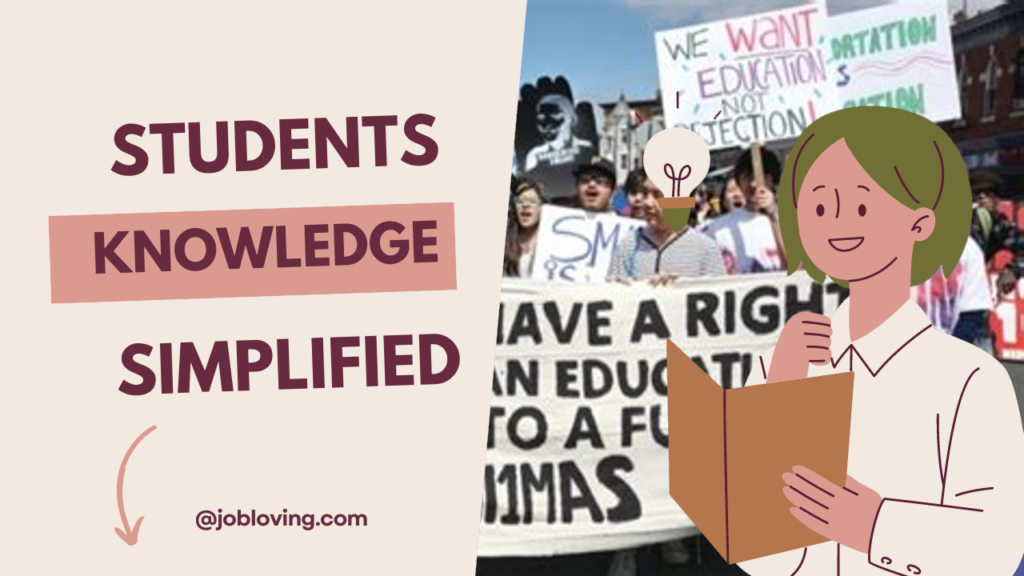Across the United States, the educational landscape for undocumented students is a complex tapestry woven with policies that vary significantly from state to state. While the overall narrative is one of exclusion, it is essential to drill down into the specifics of which states stand as barriers and which embrace inclusivity for these aspiring scholars.
First, consider the stark reality: states like Arizona, Georgia, and South Carolina actively thwart undocumented students’ educational aspirations by barring access to public colleges altogether. This is not just a minor inconvenience; it erects a monumental wall that stands between potentially capable individuals and their dreams. In these states, it’s not enough to be qualified academically; your residency status often dictates your educational fate. And let’s not forget the more nuanced restrictions, such as those found in states like Missouri and Alabama, where students can attend college but only at the price of out-of-state tuition. This scenario creates financial barriers that most undocumented students simply cannot surmount, leaving them to confront the harsh truth: college is often economically unattainable.
Imagine this—approximately 65,000 undocumented students graduate from high school each year. They step out into a world painting colorful futures yet face a monochrome reality of stricter and less welcoming access to college. Yes, there’s no federal law that outright bans such students from U.S. colleges—both public and private—but the fragmented state-level regulations often feel like a hot-potato game with students left holding the short stick. Admission procedures for these students can look foreign, as they are frequently categorized as international students, rendering them ineligible for many forms of financial aid and stacking the odds against them in the race for scholarships.
States with more welcoming policies offer a bright ray of hope. About twenty-five states and D.C. allow these students to pay in-state tuition, putting high-quality education within closer reach. In sharp contrast, nine states actively block this access, rendering any hopes of higher education significantly dimmer. Interestingly, while states like California and Texas lead the charge in providing financial aid, other states fall woefully behind, reflecting a varied attitude towards inclusivity and economic growth.
Navigating this intricate landscape is daunting for many. Given the potential hurdles, counselors play a pivotal role in illuminating pathways available to undocumented students, informing them of college options that can be favorable to their situation. Sadly, many remain blissfully unaware that their immigration status does not preclude them from attending college. An alarming number of undocumented students have also been misinformed, leading them to believe they have no legal avenue for education.
In a country where educational access can dramatically impact the workforce and economic well-being, the obstacles faced by undocumented students matter more than ever. States that block educational access may be hindering not just individual dreams but broader economic progress. Not to mention, countless communities may experience a stagnation in diversity and potential innovation.
Advocacy for undocumented students remains crucial and increasingly prevalent, shedding light on these disparities and pushing for policies that support educational equity. As more states reconsider their positions, we inch closer to comprehensive access that could pave the way for countless bright minds waiting for their chance to shine. Remember, the journey may have its challenges, but with the right guidance and policies, the future can brighten for these students.
What are the implications of state policies on undocumented students’ access to higher education?
State policies significantly influence undocumented students’ ability to access higher education. States that block in-state tuition or enrollment in public colleges create substantial barriers, limiting educational opportunities and perpetuating socioeconomic disparities. Conversely, states with inclusive policies promote access, allowing undocumented students to pursue their educational aspirations and contribute to the workforce.
How do financial aid policies affect undocumented students’ college affordability?
Financial aid policies vary widely by state, impacting undocumented students’ ability to afford college. While some states provide financial aid for in-state tuition, others completely restrict access. States like California and Texas lead in offering financial support, which can significantly enhance college affordability for undocumented students.
What role do educators and counselors play in supporting undocumented students?
Educators and counselors play a crucial role in guiding undocumented students through the complexities of college applications, financial aid, and scholarship opportunities. By providing accurate information and resources, they can help students navigate their educational paths and raise awareness about their rights and available options.
How does the classification of undocumented students as international students impact their college experience?
Classifying undocumented students as international students can create challenges, particularly in terms of financial aid competition and tuition rates. This classification often leads to higher out-of-state tuition fees, making college less accessible. However, many private colleges recognize undocumented students as domestic students, which can enhance their educational opportunities and support.

